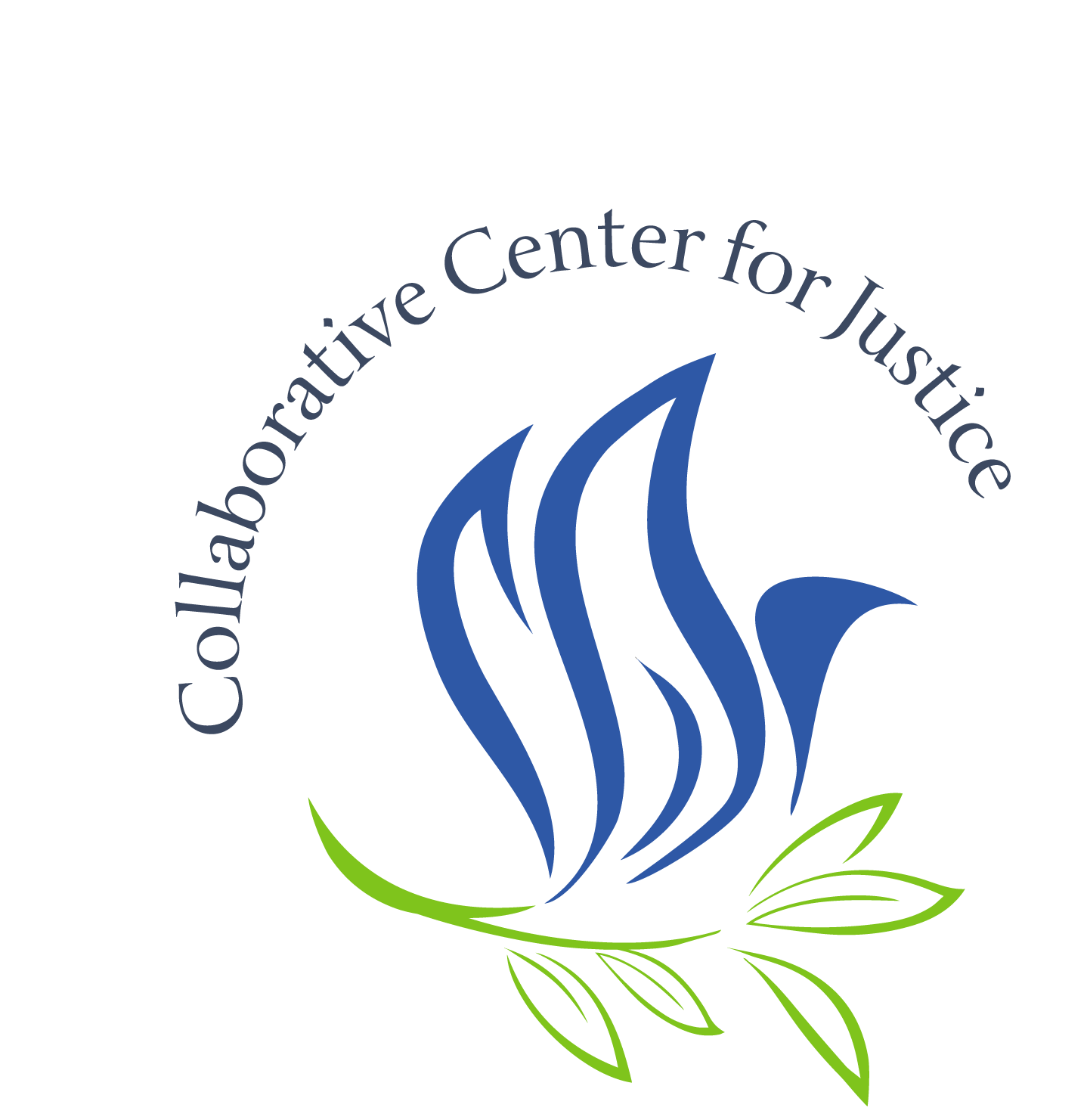
Protests demanding justice for the killing of George Floyd, bold reforms to our criminal legal system, and a real reckoning with racism in America continue to fill the streets of cities and small towns across the country.
The protests and other actions being taken by millions around the country are leading to some big changes in several states. Nationally, there is an important conversation happening about how to reform our police departments in ways that increase accountability and transparency, and dramatically decrease the violation of Black and brown peoples’ human and civil rights.
The momentum of this movement could lead to real reforms, but we must engage our local and federal policy makers to demand that words be translated into action.
The Justice in Policing Act of 2020 is a bill aimed at increasing police accountability and decreasing police brutality. Introduced on June 8th by Congressional Black Caucus Chair Karen Bass, Senators Cory Booker and Kamala Harris, and House Judiciary Committee Chair Jerrold Nadler, this bill already has support from at least 166 Representatives and 35 Senators. Our task is two-fold: To advocate for measures that provide relief to impacted communities while ensuring that no single piece of legislation gets framed as a cure-all, thereby, undermining future efforts.
While we support some of what is included in this bill, there are pieces we believe could be improved upon. Some of the strongest components are that it would:
- Reform the legal doctrine of “qualified immunity” which allows police officers to be protected from being individually held liable for civil and criminal charges when they have been found to have violated someone’s constitutional rights
- Make it easier to hold police officers accountable for use of excessive force or other misconduct, by changing the language in the federal criminal code. Rather than having to prove that an officer “willfully” violated someone’s constitutional rights, this bill would amend the language to the officer acting with “reckless disregard” for the person’s rights.
We believe that other pieces need to be strengthened:
- The bill would limit the transfer of military-grade weapons to police departments. We believe there should be a complete ban on these transfers by ending the 1033 program.
- The bill would ban no-knock warrants for federal drug cases. We believe that no-knock warrants should be banned in all cases.
Finally, we reject some parts outright:
- The bill would transfer tens of millions of dollars to police agencies for technology and training; it would also transfer hundreds of millions of dollars to prosecutors’ offices. Those funds should go to communities and programs that directly support criminalized communities.
When we analyze policy proposals meant to curb police violence, we consider opportunity and resources.
- Opportunity: We know from the movement to end gun violence that the presence of guns is the great predictor of fatal outcomes. We support proposals that reduce police encounters where there is no imminent threat to public safety, especially among criminalized communities. One way to accomplish this is to increase the utilization of mental health clinicians in responding to mental health crises.
- Resources: We support efforts to transfer resources from the criminal legal system which produces unjust outcomes for the poor and communities of color, to programs that take a preventative approach to violence and crime. These resources can fund initiatives such as civilian crisis mental health responders and school counselors where there are now police. Direct investments in low-income communities and communities of color will lead to better, safer outcomes.
The Action Needed:
- Calls and emails are needed to your Members of Congress to urge them to strengthen this bill, and any other proposed legislation, by, among other things, shifting resources away from police, prosecutors, and prisons; funding alternatives to policing and prisons; and reform qualified immunity and other means of holding police accountable.
- Email your local legislators and urge them to support efforts to pass police accountability legislation in a special session this summer. Urge them to talk with their colleagues and Governor Lamont about why substantive reforms can’t wait.
Who to Contact:
Senator Murphy (860) 549-8463; www.murphy.senate.gov/contact
Senator Blumenthal Hartford (860) 258-6940 Bridgeport (203) 330-0598; www.blumenthal.senate.gov/contact
Representative John Larson: 860.278.8888; https://larson.house.gov/contact/email
Representative Joe Courtney: 860.886.0139; https://courtney.house.gov/contact
Representative Rosa DeLauro: 203.562.3718; https://delauro.house.gov/contact
Representative Jim Himes: 866.453.0028; https://himes.house.gov/contact/email
Representative Jahana Hayes: 860.223.8412; https://hayes.house.gov/zip-code-lookup?form=/contact/email-me
Sample script:
“My name is ___ and I live in ___. I’m calling to ask Rep. __ to strengthen the Justice in Policing Act of 2020 by ending the 1033 Program, banning no-knock warrants, and funding communities instead of police and prosecutors. I firmly believe that Black lives matter. Black people and other people of color should not have to live in fear of being mistreated or killed by police officers in our country. This bill could be an important step in reforming the way police relate to the community, particularly communities of color, and to seeking justice for George Floyd and other Black people who have been killed by police. Thank you.”
Additional reading:
“Justice in Policing Act Summary” (NPR)
“Democrats Unveil Sweeping Bill Targeting Police Misconduct and Racial Bias” (NYT, June 8)
“Chair Bass, Senators Booker and Harris, and Chair Nadler Introduce the Justice in Policing Act of 2020” (Press Release from House Judiciary Committee Chair Nadler, June 8)
“Reimagining the Role of Police” (ACLU, June 5)
CT Mirror Podcast with State Senator Gary Winfield on addressing police accountability and needed legislative action
“The death of George Floyd: A moment, or a movement?” (CT Mirror, June 3)
n (‘CAHOOTS’: How Social Workers And Police Share Responsibilities In Eugene, OregonNPR, June 10)



